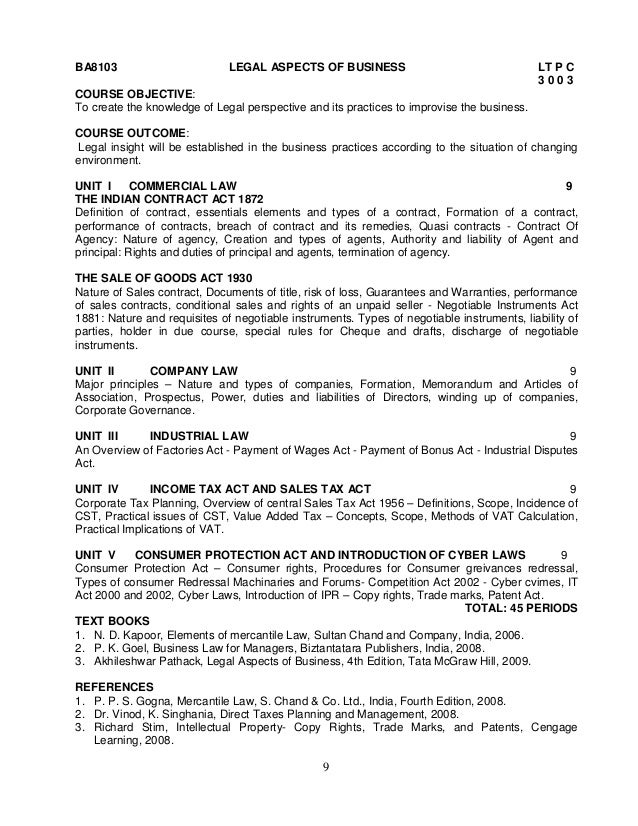Main Menu
Harold Koontz Heinz Weihrich Essentials Of Management Pdf
суббота 23 февраля admin 62
Trove: Find and get Australian resources. Books, images, historic newspapers, maps, archives and more. Download as PDF, TXT or read online from Scribd. And Essentials of Management (also in several language editions). To my wife Ursula Heinz Weihrich To my family Mark Cannice.In memory of Harold Koontz A pioneer in management education who “untangled the management theory jungle” by organizing.
Contents • • • • • • Quotes [ ] • [ can be defined as] the function of getting things done through others. • Harold Koontz and (1955), Principles of Management: An Analysis of Managerial Functions. New York: McGraw-Hill, 1955, p. 3; As cited in Wren & Bedeian (2009;411) • are subject to important limitations.
Building architecture sthapatya veda pdf full version free software download. A chart shows only formal authority relationships and omits the many significant informal and informational relationships. • Harold Koontz and Heinz Weihrich (2006) Essentials Of Management. • I see too many academics forgetting what I think our job is in, and that is to organize available; develop new knowledge, of course, but organize it in such a way that it can be useful to practicing managers to underpin management. I am surprised as I watch the literature, that some people are discovering what we’ve known for years. For example, some things like this: that technology affects management organization. I found that out when I was in the airline industry a few years ago and I never thought it was anything very surprising. Another, that the actual managing depends on the situation.
I thought, my gosh, there must be something new there. Only to find, after spending a lot of time reading, that there wasn’t anything, and I don’t know any practicing manager who doesn’t manage in light of the situation. I think we have to agree that and science should underpin practice, otherwise why develop it? • Harold Koontz in: Ronald G. Harold Koontz: A Reminiscence Presented at the meetings of the Academy of Management, Boston, August 14, 1984; as cited in Wren & Bedeian (2009;419-420) 'The Management Theory Jungle,' 1961 [ ] Harold Koontz, 'The Management Theory Jungle,' Journal of the Academy of Management, 4 (December 1961), pp. • Although students of management would readily agree that there have been problems of since the dawn of organized life, most would also agree that systematic examination of management, with few exceptions, is the product of the present century and more especially of the past two decades. 174 • The Management Process School: This to perceives management as a process of getting things done through and with people operating in organized groups.
It aims to analyze the process, to establish a conceptual framework for it, to identify principles underlying it, and to build up a theory of management from them. It regards management as a universal process, regardless of the type that the environment of management differs widely between enterprises and levels. It looks upon management theory as a way of organizing experience so that practice can be improved through research, empirical testing of principles, and teaching of fundamentals involved in the management process. 175-6 • Empirical School; A second to management I refer to as the 'empirical' school. In this, I include those scholars who identify management as a study of, sometimes with intent to draw generalizations but usually merely as a means of teaching experience and transferring it to the practitioner or student.

Typical of this school are those who see management or 'policy' as the study and analysis of cases and those with such approaches as 's 'comparative approach.' 177 • The Human Behavior School: This to the analysis of management is based on the central thesis that, since managing involves getting things done with and through people, the study of management must be centered on interpersonal relations. Variously called the ',' ',' or 'behavioral sciences' approach. This school concentrates on the 'people' part of management and rests on the principle that, where people work together as groups in order to accomplish objectives, 'people should understand people.' 178 • The Social System School: Closely related to the human behavior school and often confused or intertwined with it is one which might be labeled the social system school. This includes those researchers who look upon management as a social system, that is, a system of cultural interrelationships.
Sometimes, as in the case of and, the system is limited to formal organizations, using the term 'organization' as equivalent to enterprise, rather than the authority-activity concept used most often in management. In other cases, the is not to distinguish the formal organization, but rather to encompass any kind of system of human relationships.
179 • The Decision Theory School: Another to, undertaken by a growing and scholarly group, might be referred to as the school. This group concentrates on rational approach to decision-the selection from among possible alternatives of a course of action or of an idea.
